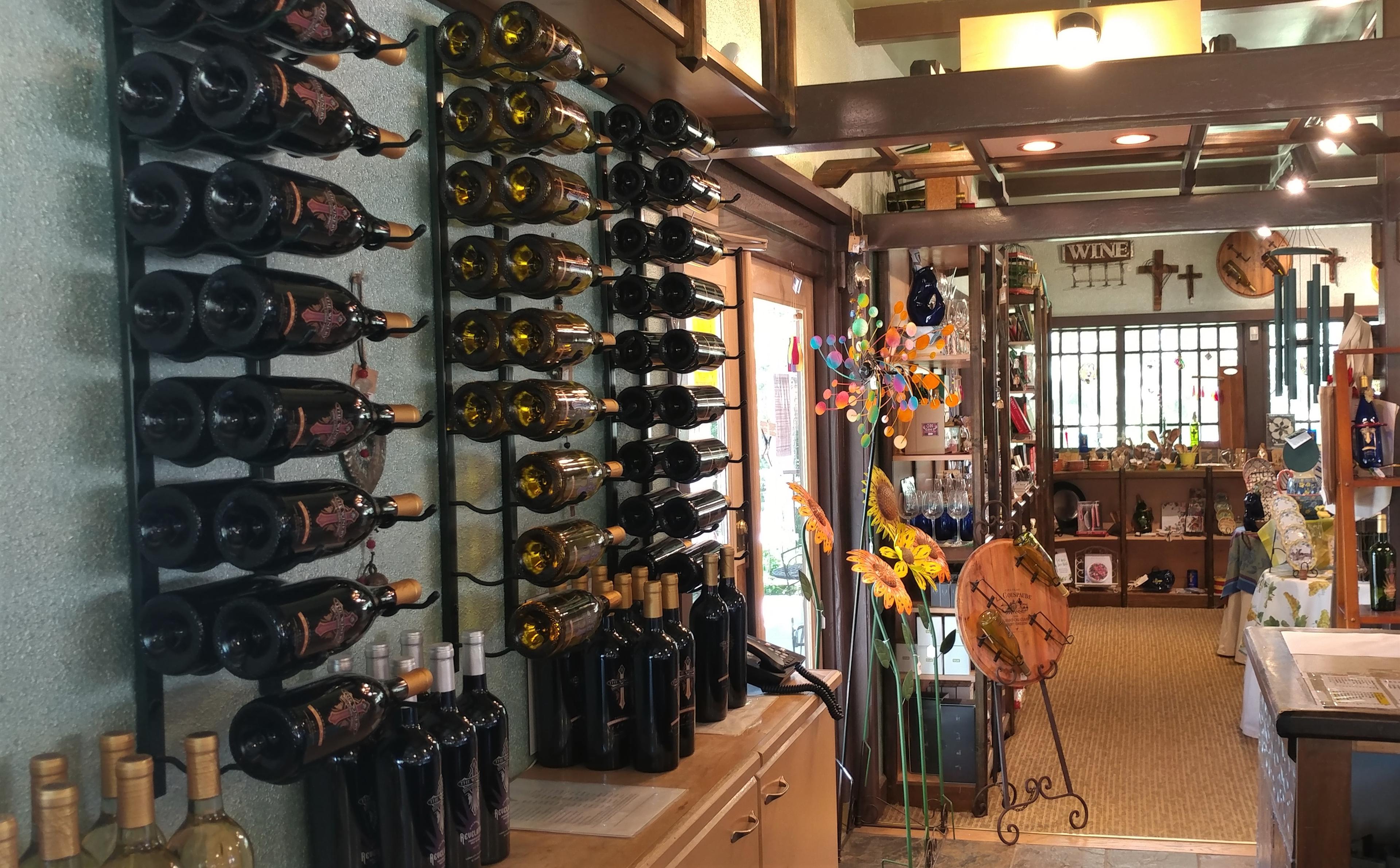Social conservatives may have lost their fight against same-sex marriage in the United States. But in Eastern Europe, they appear to be winning.
Romania is one of several Eastern European nations that already ban both same-sex marriage and same-sex unions in civil law. Now it's trying to ban it in the constitution. The government is spending millions holding a two-day referendum this weekend so voters can approve the change.
"Do you know what a traditional family is? It's a man and a woman who are able to bear children," declared Liviu Dragnea, the leader of the ruling Social Democrats, after he cast his vote on Saturday. "I have voted for what millions of Romanians have been demanding, for what I think defines us as a society and as a nation."
The Romanian constitution defines marriage as "between spouses." A collection of religious groups called the Coalition of the Family wants it to be "between a man and a woman."
A spokesman for the powerful Romanian Orthodox Church, which backs the constitutional change, says Romania, which overthrew communism in 1989 but is still struggling economically, is feeling pressure from the more liberal West to accept same-sex marriage.
"We managed to preserve our Christian values during the communist period, when the church was persecuted," Archdeacon Ionut Mavrichi told NPR in his Bucharest office. "We should be able to decide how we understand the institution of the family. Every child has the right to be raised and born in a family from a mother and father like all the children that have ever been born."
But the LGBTQ community here says the referendum only incites discrimination in a country that only fully decriminalized homosexuality in 2001 as a precondition for entering the European Union.
"I would never even consider holding hands with my boyfriend in public here," says Alex Andronic, a 25-year-old novelist. "Because in Romanian society, people are told 'the gays are taking over the country,' like we are something that's supposed to be feared."
Andronic spoke in the colorful terrace of his bistro-pub, Blueberry, one of the few gay-friendly establishments in Bucharest, which he runs with his close friend, Mihaela Balan. Andronic says he considers Balan, who is 48, to be a second mother, after relations with his own mother were strained when he came out.
"This referendum is only about hate," Balan says. "I refuse to vote at all."
Those who oppose the referendum are boycotting it in the hopes that they can kill it. It won't be valid unless 30 percent of voters participate.
There's also concern about voter fraud, so the civic group Funky Citizens is sending out 700 volunteers to act as independent election observers.
"This referendum has no place in a democratic society because it's a vote on restraining human rights," says Elena Calistru, the group's president, as volunteers huddle around a table of laptops, checking spreadsheets of voters.
She says it's not only same-sex couples who will suffer, but also single parents, grandparents and "others raising children in households other than heterosexual, married parent households."
Some analysts have suggested the ruling party leader, Dragnea, who's been convicted on corruption and abuse of office charges, is using the referendum to distract voters from his own problems.
But Calistru points out that the referendum also says a lot about current divisions within the EU.
"Central and Eastern European countries have seen a wave of nationalism and nativism in the past two or three years with a narrative that calls for a return to traditions," she says. "It's very worrying because these are countries that recently joined the European Union and are disappointed with the integration process, especially in rural areas. They don't feel like they've gotten anything out of the EU but still have to follow the EU's rules."
American conservatives have also gotten involved in Romania's referendum. Last year, Harry Mihet, vice president for Liberty Counsel, the U.S. law firm that advocates for restrictions on same-sex marriage, visited Romania with Kim Davis, the Rowan County Clerk in Kentucky who was jailed for refusing to issue same-sex marriage certificates. They told pro-referendum activists that same-sex marriage is not compatible with religious freedom "because those who promote the former have zero tolerance for the latter."
But conservative forces have faced resistance in the EU.
In a landmark decision this June, the European Court of Justice ruled that EU countries that have not legalized same-sex marriage must respect the residency rights of same-sex spouses under the EU's freedom of movement rules.
The case was brought by Adrian Coman, a Romanian who could not secure a Romanian residency permit for his American husband, Claibourn Robert Hamilton, because the country did not recognize their marriage. (The couple, both 47, wed in Belgium in 2010).
Coman and Hamilton now live in New York City, but they're watching the referendum vote with trepidation.
"I've heard that some Romanians talk about an exit from the European Union," says Coman, a nonprofit director. "This is really strange because Romanian support for the EU has always been among the highest in the bloc. The freedom of movement to live and work within the bloc has really improved our lives."
In court, Coman says, Romania suggested his marriage was not compatible with national identity. But in his hometown of Târgoviște, the medieval city in central Romania where his parents still live, the couple has found acceptance.
"We are always welcomed with homemade soup and open arms," Hamilton says. "They see us like any other family."
Freelance producer Mihai Ursu contributed reporting
9(MDEyMDcxNjYwMDEzNzc2MTQzNDNiY2I3ZA004))








